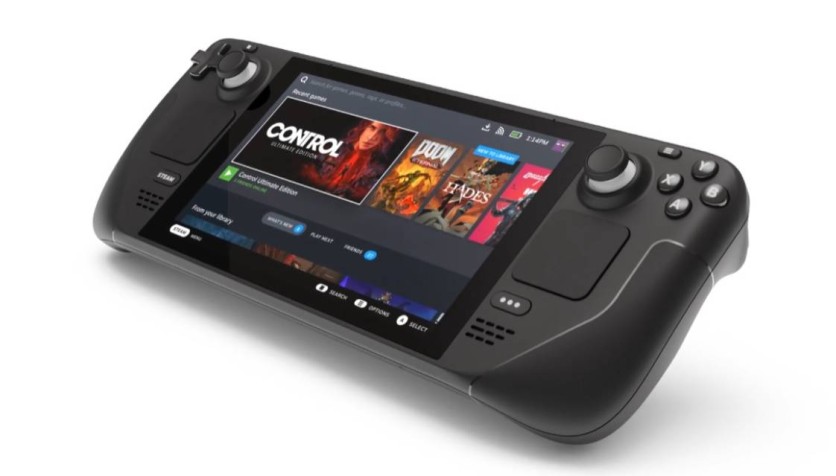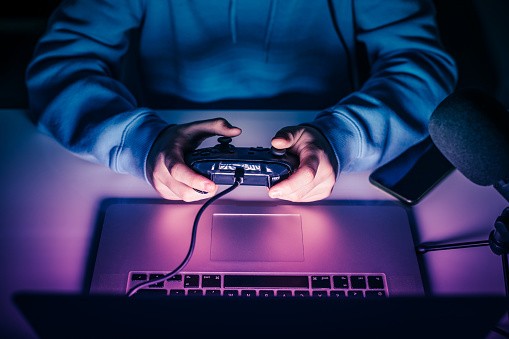Steam Deck just got support for major anti-cheat software ahead of its imminent launch.

Eurogamer reported that BattlEye and Easy Anti-Cheat (EAC) will now be fully supported on the Valve handheld.
BattlEye is famously used for some of the current generation's most popular competitive shooters, including "Destiny 2," "PlayerUnknown's Battlegrounds," and "Rainbow Six Siege."
BattlEye was able to be supported on Steam Deck because aside from running on both MacOS and Linux, it also fully supports Wine and Proton. The latter is used in the Linux-based SteamOS that runs on the handheld Valve console.
As for EAC, it is known for its use in "Halo" and "Apex Legends," and is also expected to run on the Steam Deck with barely any issues.
BattlEye, as well as other anti-cheat measures, has had a few problems when games try to run them. They work similarly to anti-piracy tech, such as the infamous DRM system Capcom installed in "Resident Evil Village," which caused massive stuttering issues on PCs.
However, BattlEye did confirm that their software will be offered on a so-called "opt-in basis."
What this means is that developers can choose to allow the anti-cheat measure on their games on their own discretion.
When Valve made it clear that they're designing the Steam Deck to play literally any game on the Steam library, there were still a few lingering issues. The major one involved the implementation of anti-cheating software, almost all of which were only compatible with Windows.
Since the Steam Deck's SteamOS was Linux-based and using Proton, the creators of BattlEye and EAC made sure that this won't be a problem, according to PC Gamer.
Steam Deck Anti-Cheat Support: A Much-Needed Update
To say that bringing official anti-cheat software to the Steam Deck is a lifesaver is a massive understatement.
Much of the games where BattlEye and EAC are supported have suffered from major cheating problems on PC in recent years.
"Rainbow Six Siege," for instance, had cheating issues so bad that Ubisoft was actually punishing non-cheating players for winning matches against cheaters in ranked competition, as reported by PCGamer.

But perhaps the most problematic was "Destiny 2."
Back in August, developers Bungie seemed to have had enough of cheating in their game that they managed to track down a couple of cheat makers and take them to federal authorities.
They filed a host of lawsuits against three companies for undisclosed financial restitutions, reported Geekwire.
No Room For Error
The Steam Deck is shaping up to be one of the most hotly anticipated gaming hardware releases in recent memory.
The console flew off the shelves as soon as pre-orders went live, and some were even scalping their pre-order slots for ridiculous prices.
Furthermore, early hands-on impressions of the console were promising.
If Valve really wants to make sure that they do things right, this was one of the best steps they could take.
This article is owned by Tech Times
Written by RJ Pierce




